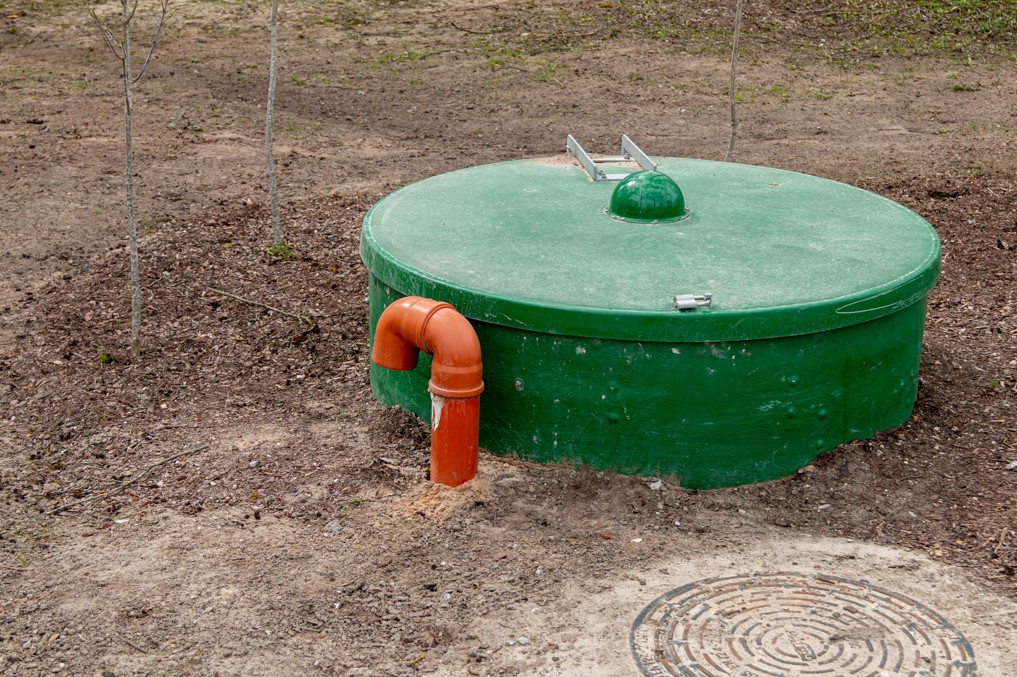
A septic tank is a key component of any home or business that is not connected to the main sewer line. While these tanks are built to last, they require some maintenance to ensure optimal performance. Here are four tips for maintaining your septic tank.
Pump Your Tank Regularly
Your septic tank should be pumped every three to five years, depending on the size of the tank and the number of people using it. This will remove the sludge and scum from the bottom of the tank and prevent it from overflowing into your drain field. One of the most important things you can do to maintain your septic tank is to have it pumped regularly. How often you need to have it done will depend on the size of your tank and the number of people in your household; generally speaking, though, you should have it done every three to five years. By pumping out the solid waste that has built up in the bottom of your tank, you’ll reduce the likelihood of clogs and backups.
Maintain Proper Water Levels
It is important to have enough water flowing into your septic tank so that solids can be properly broken down. This means that you should not use water-conserving fixtures if you have a septic system. In addition, some companies like Express Plumbing & Septic, know that you should not allow stormwater or groundwater to enter your septic tank as this can flood it and cause it to fail. Be sure to repair any leaks in gutters or plumbing fixtures so that water flows into your drainage field and not into your septic tank.
Have Your System Inspected Regularly
Your septic system should be inspected at least once every three years by a professional. They will check for any signs of damage or clogging and recommend any necessary repairs.
Know What You Can and Cannot Flush
One of the most common causes of septic tank failure is flushing things that cannot be broken down by the bacteria in the tank. This includes feminine hygiene products, diapers, condoms, cigarette butts, coffee grounds, Grease, paper towels, and “flushable” wipes (even if they say flushable, they are not). These items can clog up your system and cause it to fail. If you are unsure about something, err on the side of caution and throw it in the trash instead of flushing it down the toilet.
By following these four tips, you can maintain your septic system and prevent costly repairs in the future. Remember to pump your tank regularly, maintain proper water levels, have your system inspected periodically, and know what you can and cannot flush down the toilet.


